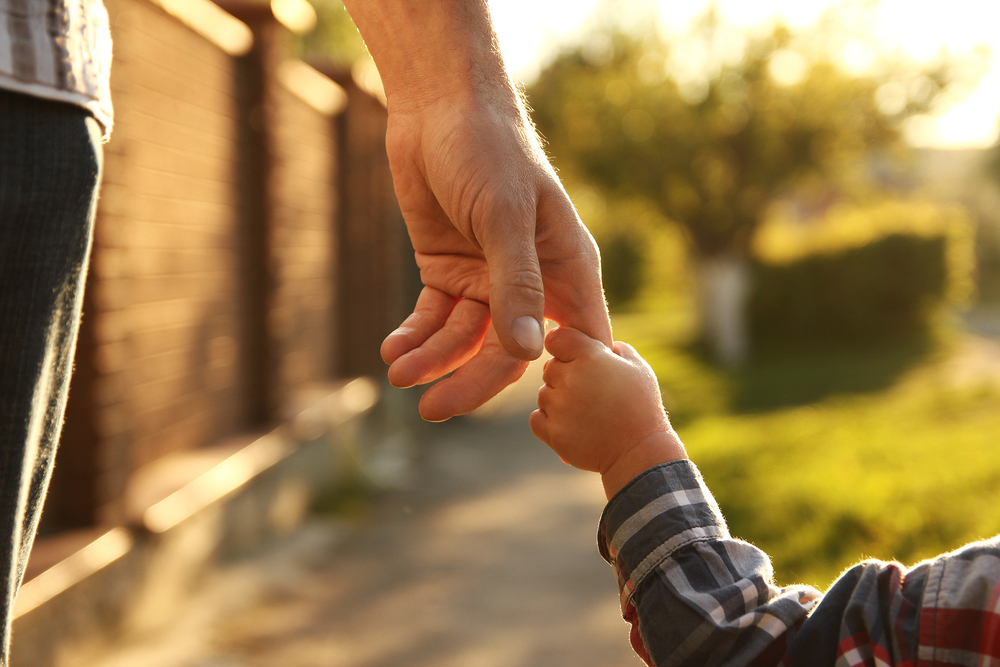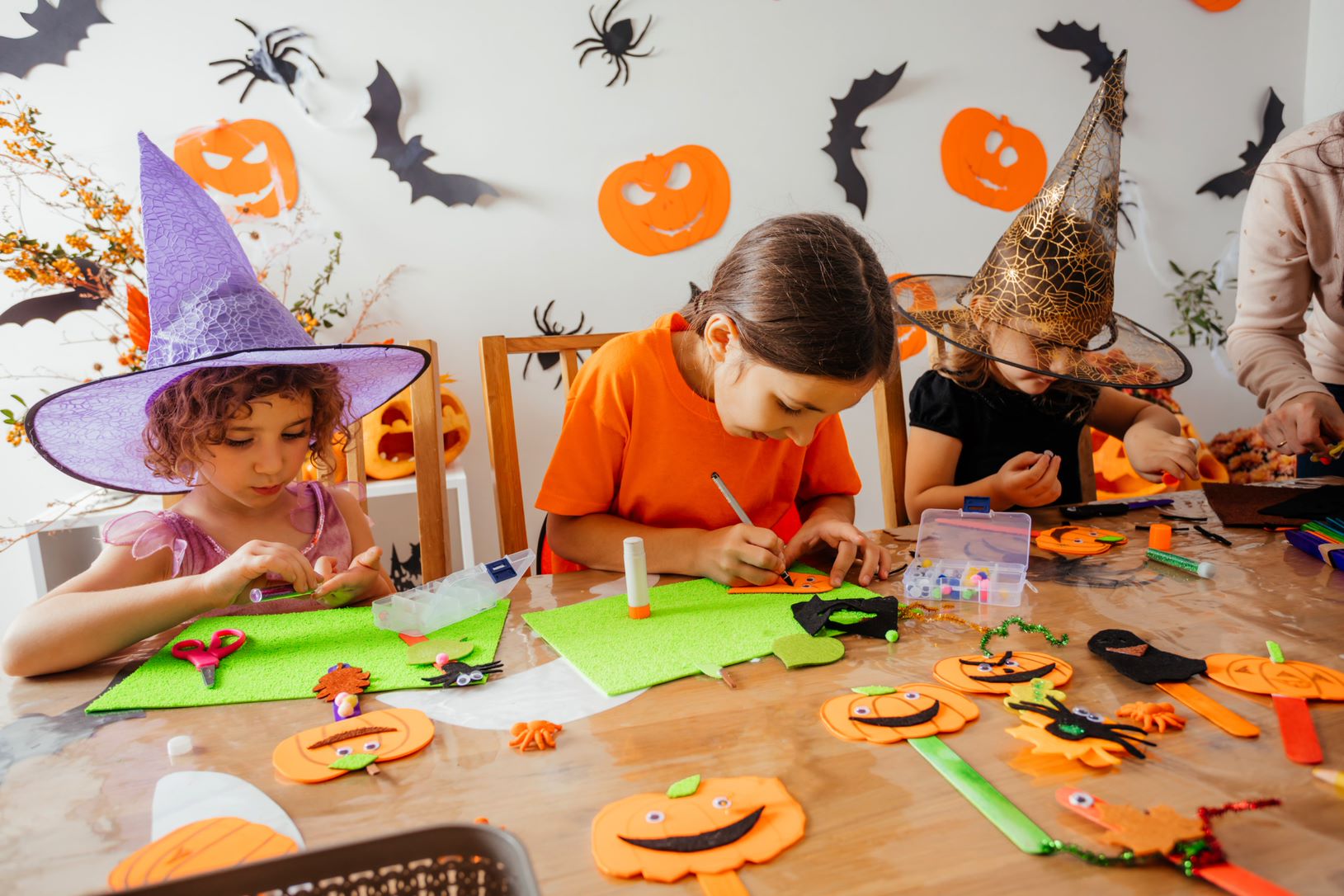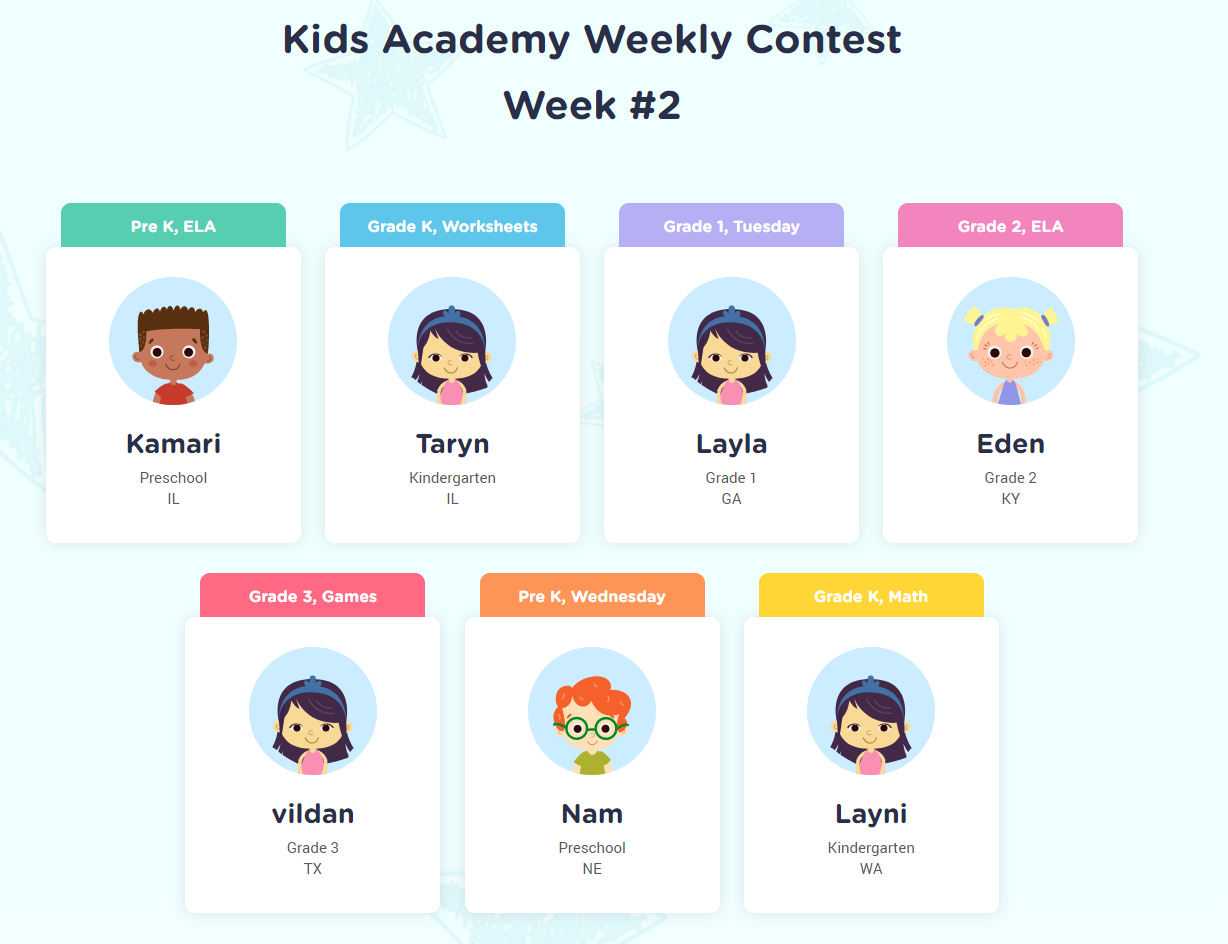Spatial awareness Worksheets for Ages 3-4
29 filtered results
-
From - To
Enhance your child's spatial awareness skills with our engaging worksheets designed specifically for ages 3-4! These colorful, interactive resources foster early cognitive development by helping young learners understand concepts like direction, position, and movement. Each worksheet is crafted to be enjoyable, ensuring kids remain engaged while honing their critical thinking abilities. Through fun activities that include identifying shapes, completing patterns, and navigating spaces, your child will develop a strong foundation for future learning. Ideal for parents and educators seeking to support early learning, our spatial awareness worksheets are an essential tool for nurturing a child's curiosity and understanding of the world around them.
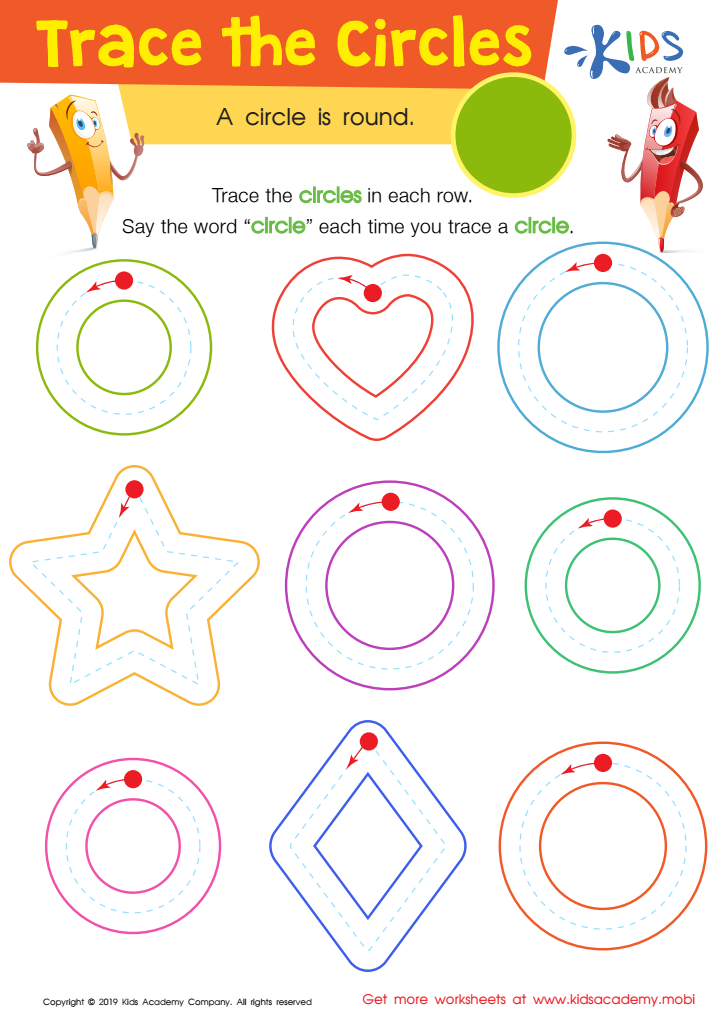

Trace The Circles Worksheet
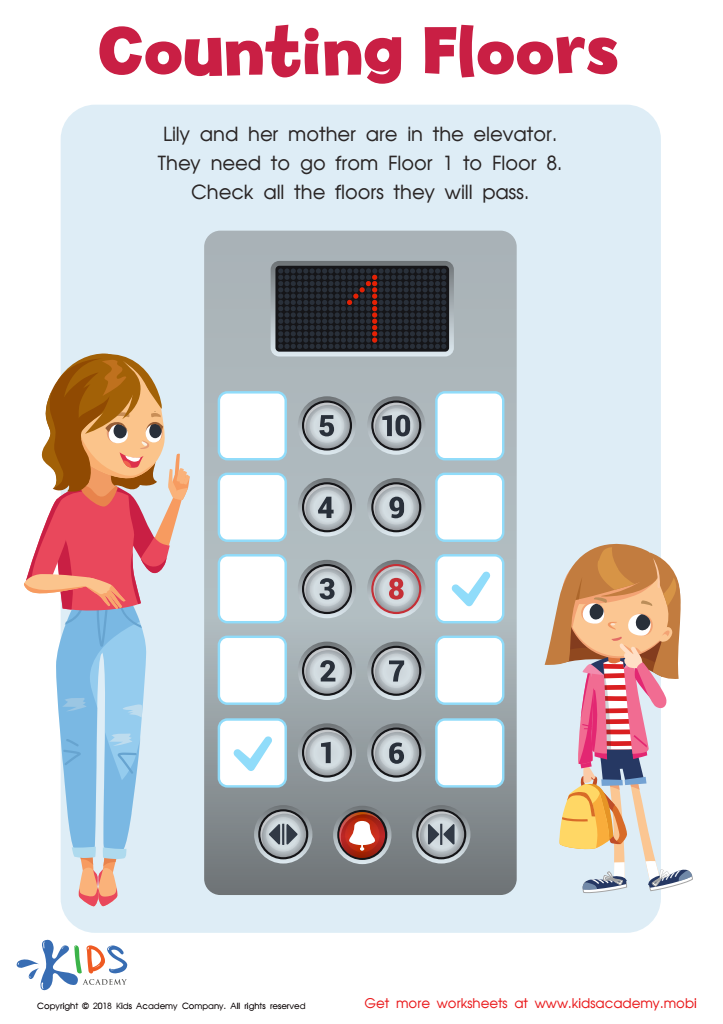

Counting Floors Worksheet
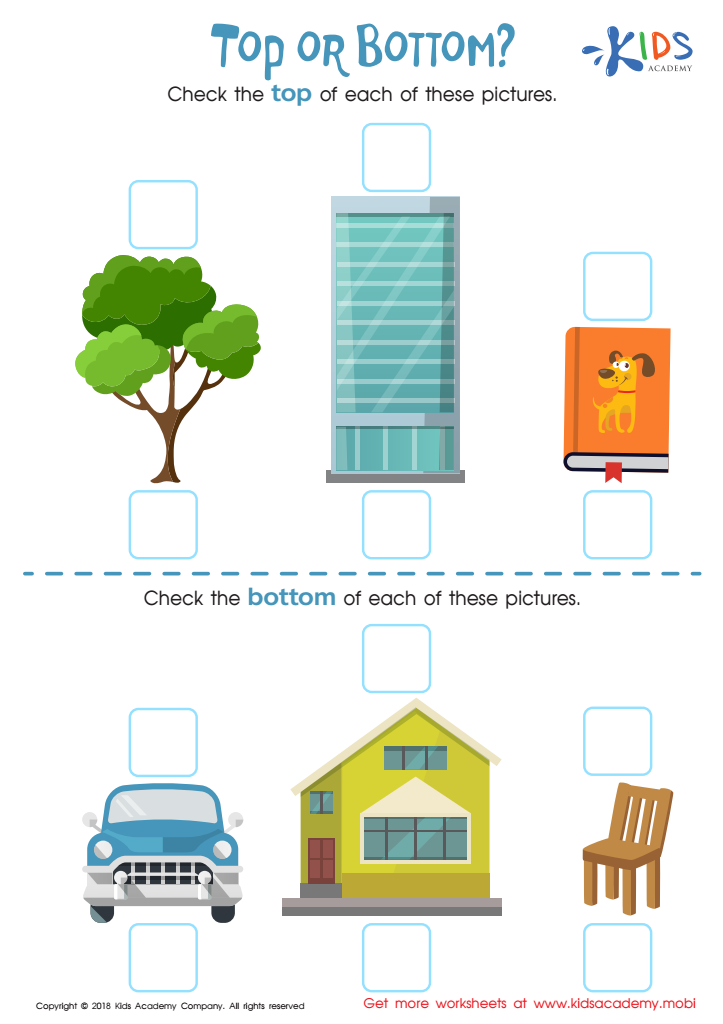

Top or Bottom Worksheet
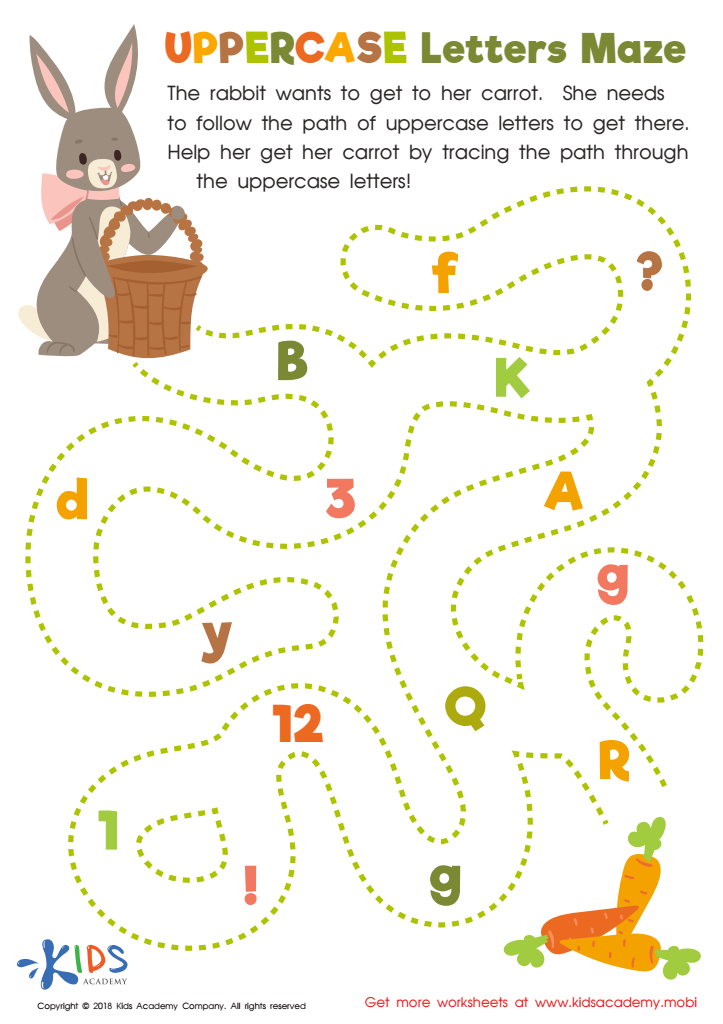

Uppercase Letters Maze Worksheet
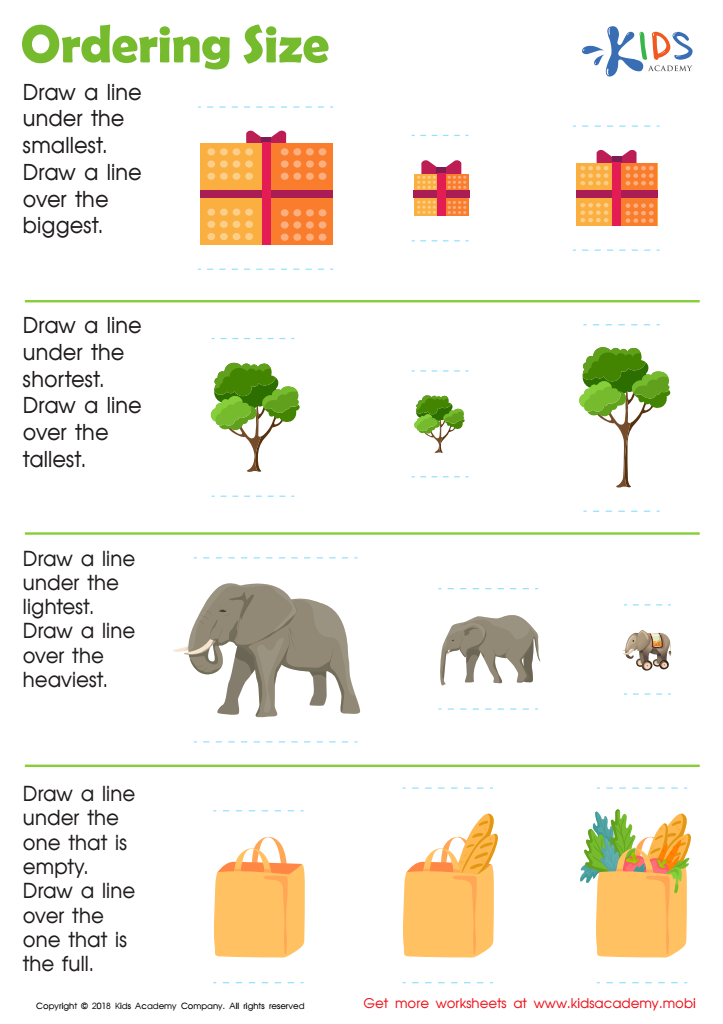

Ordering Size Worksheet
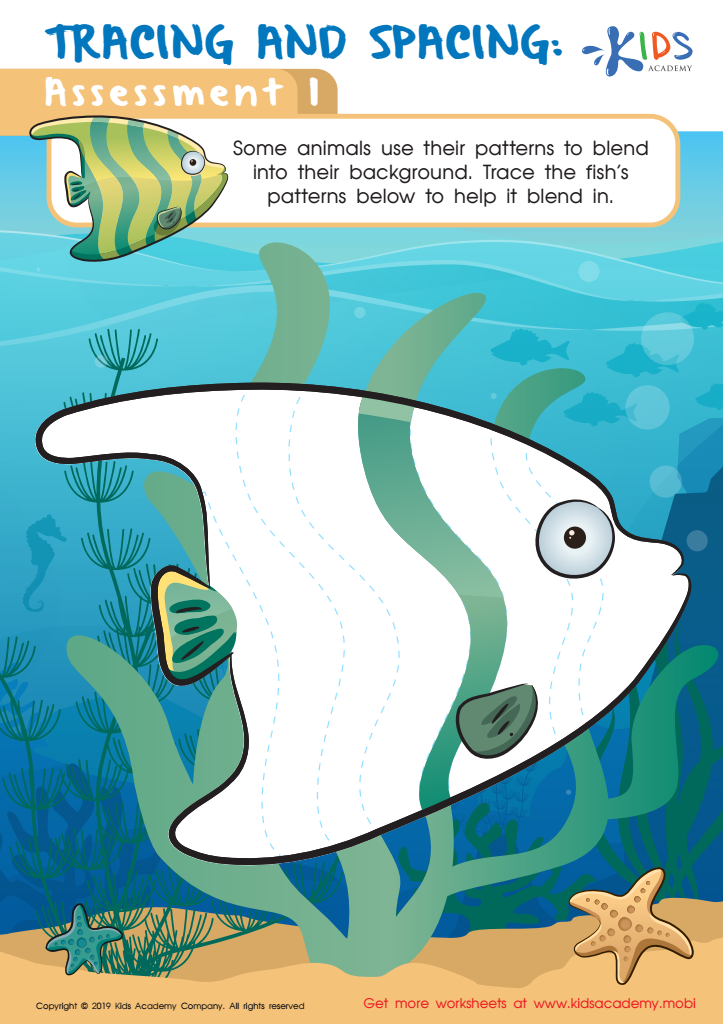

Tracing and Spacing: Assessment 1 Worksheet
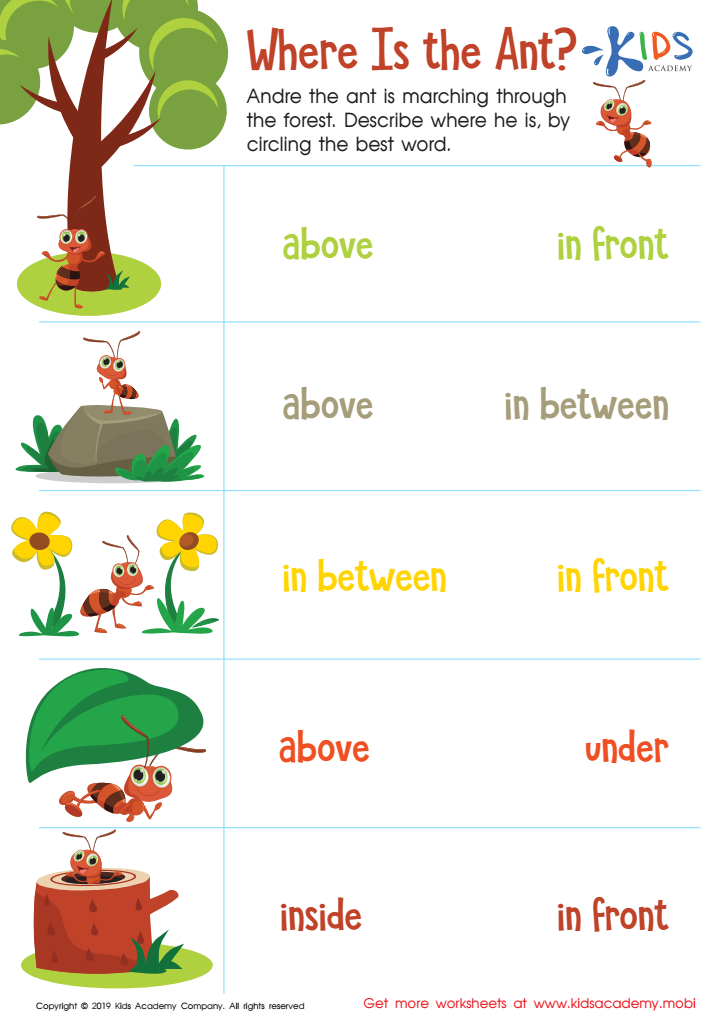

Where Is the Ant? Worksheet
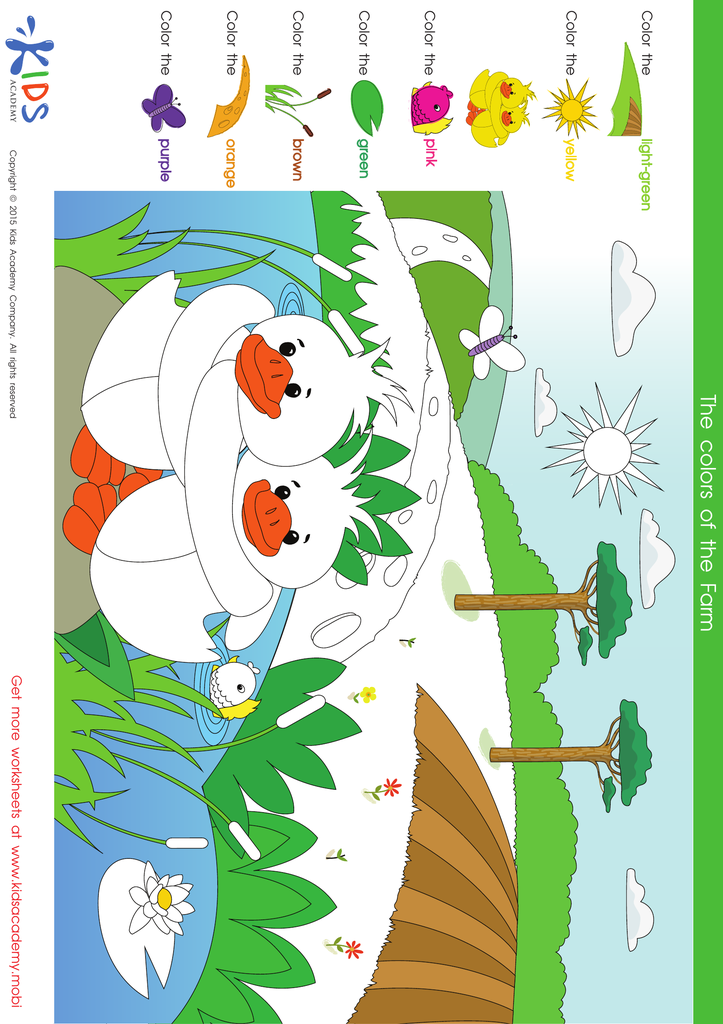

Color the Ducklings near the Pond Coloring Pages
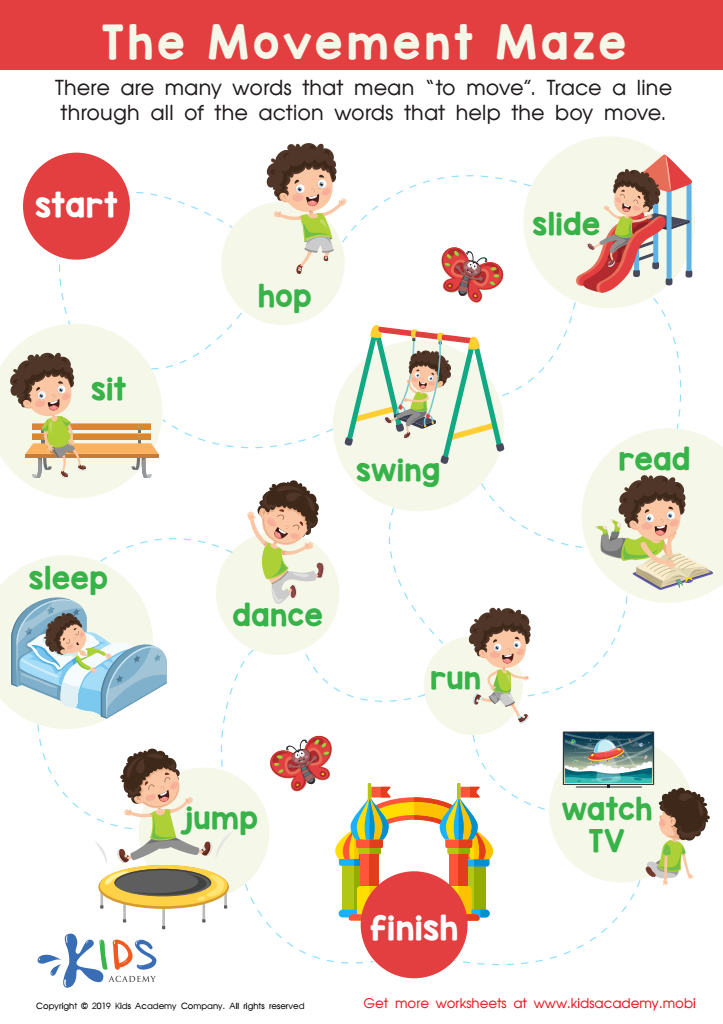

The Movement Maze Worksheet
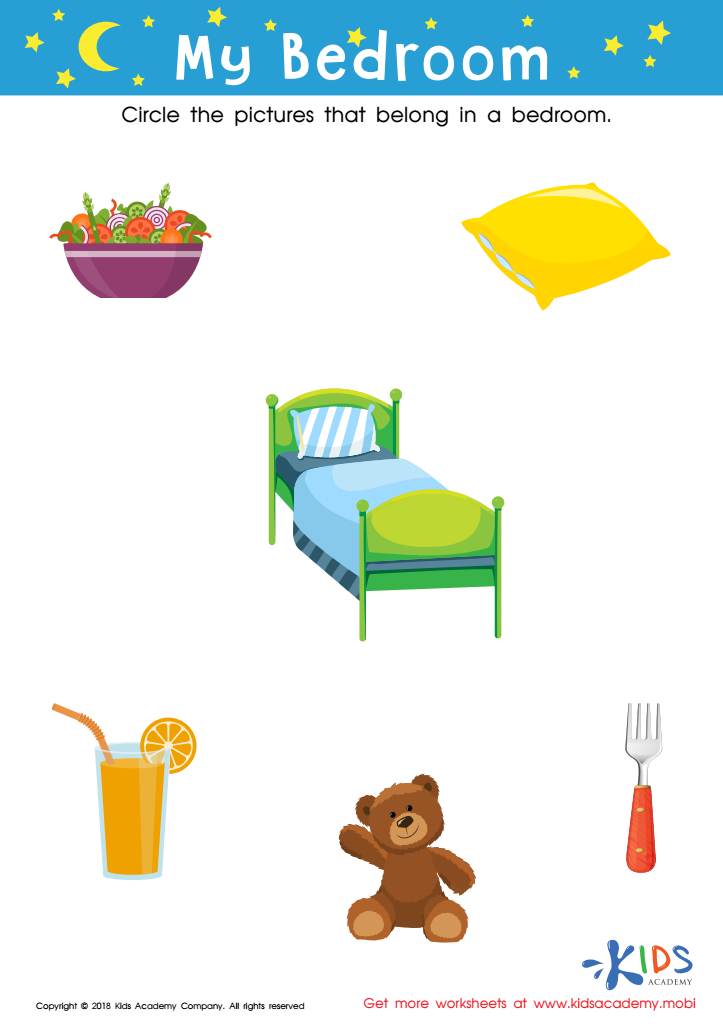

My Bedroom Worksheet
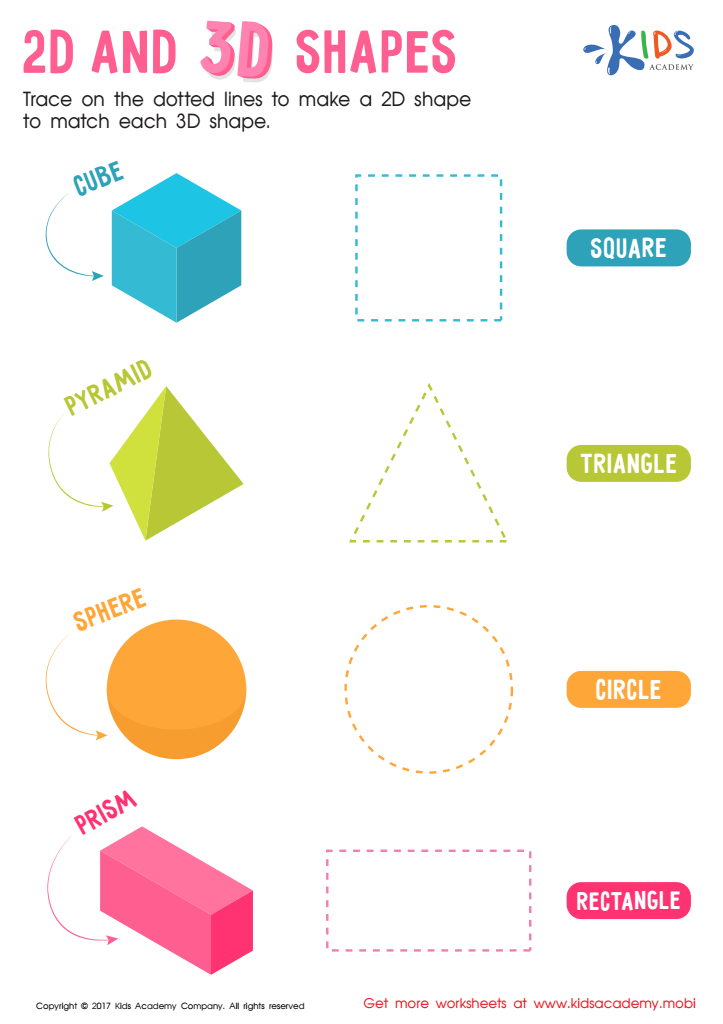

2D and 3D Shapes Worksheet
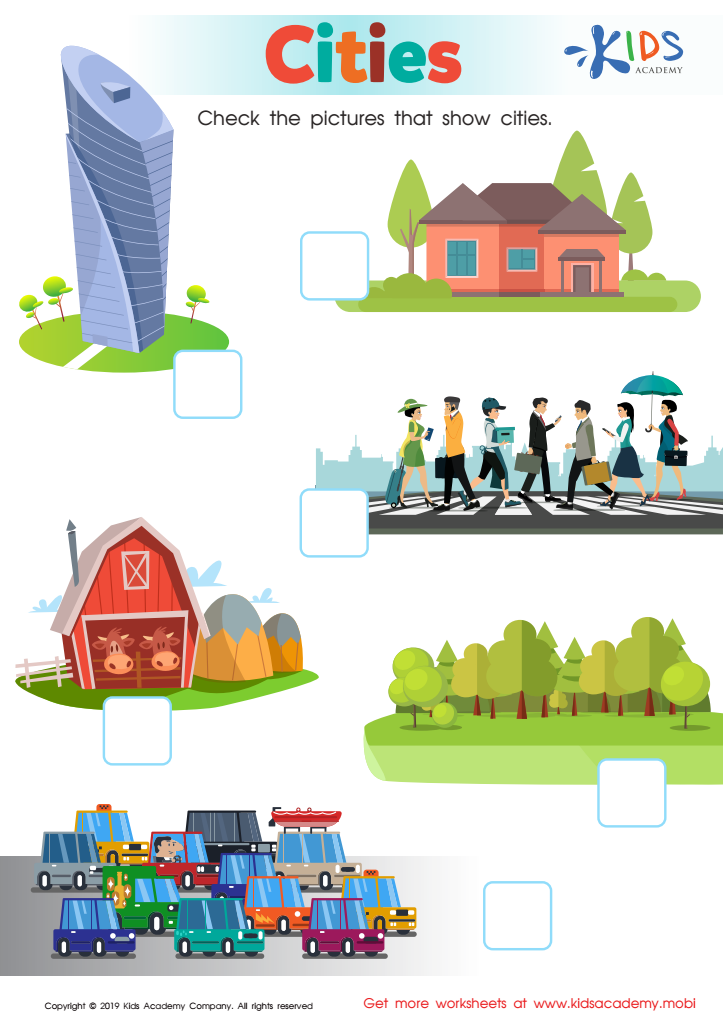

Cities Worksheet
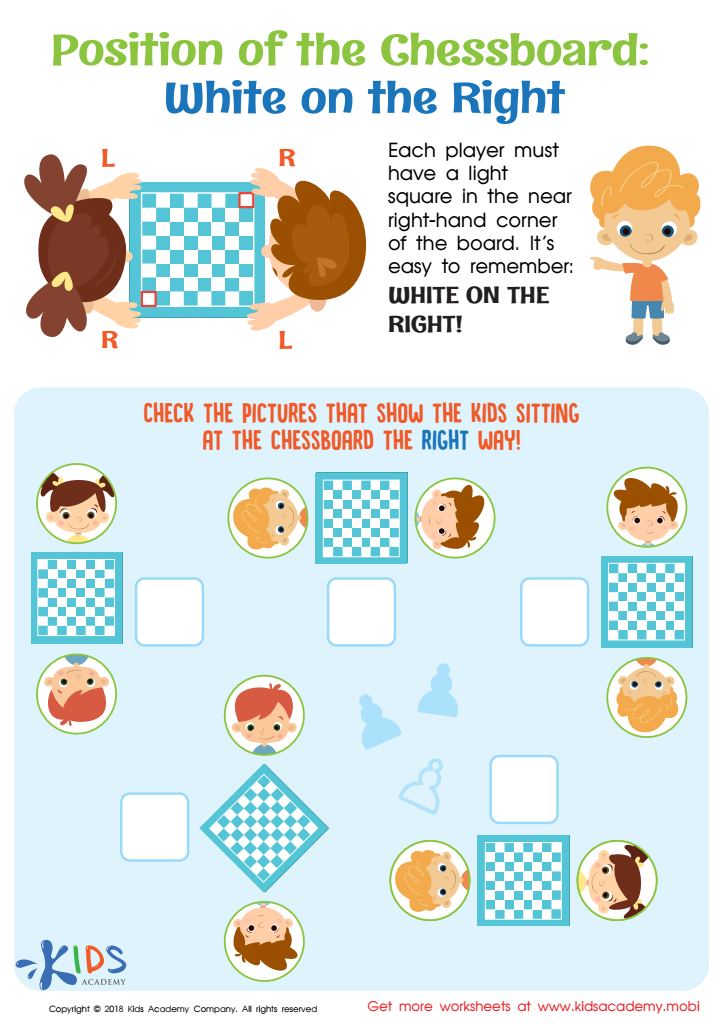

Position of the Chessboard: White on the Right Worksheet
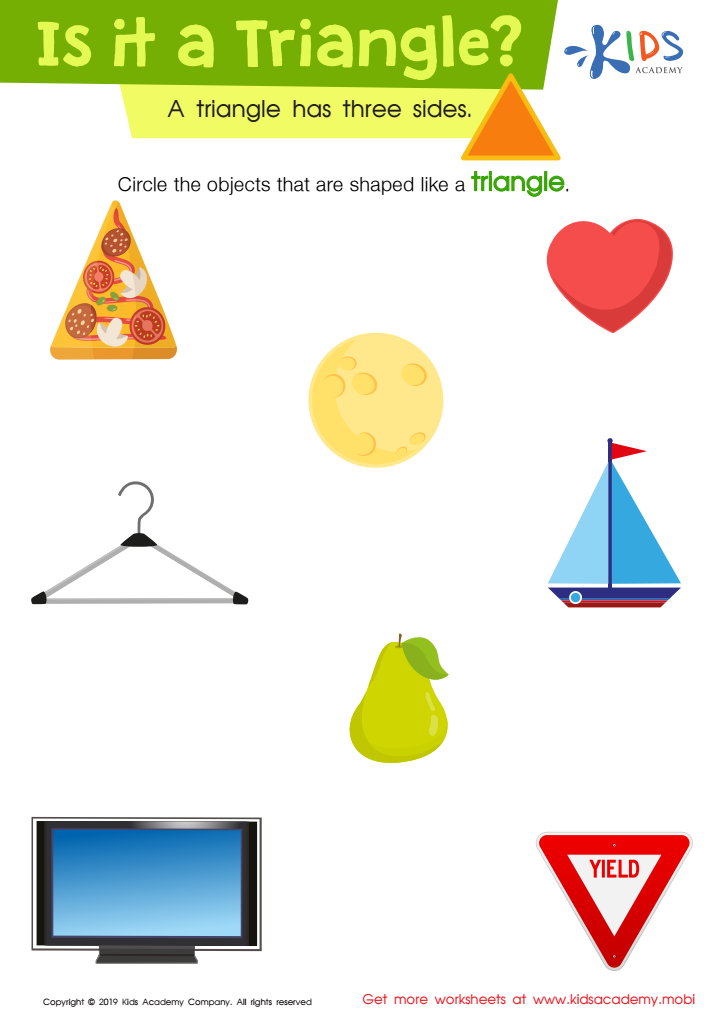

Is It a Triangle? Worksheet
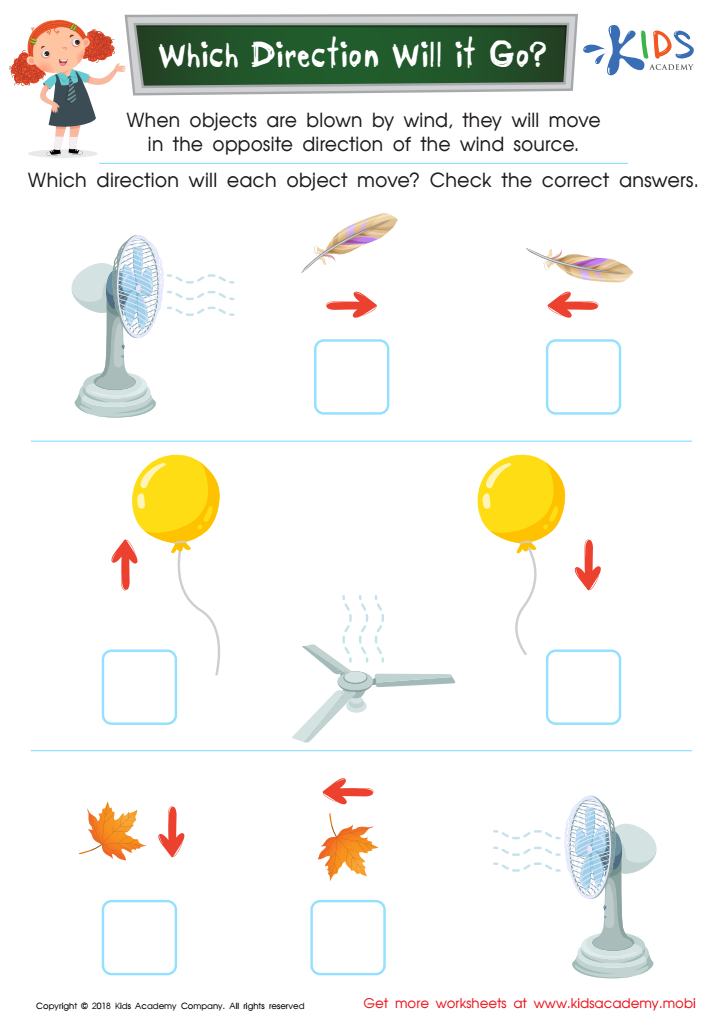

Which Direction Will it Go? Worksheet
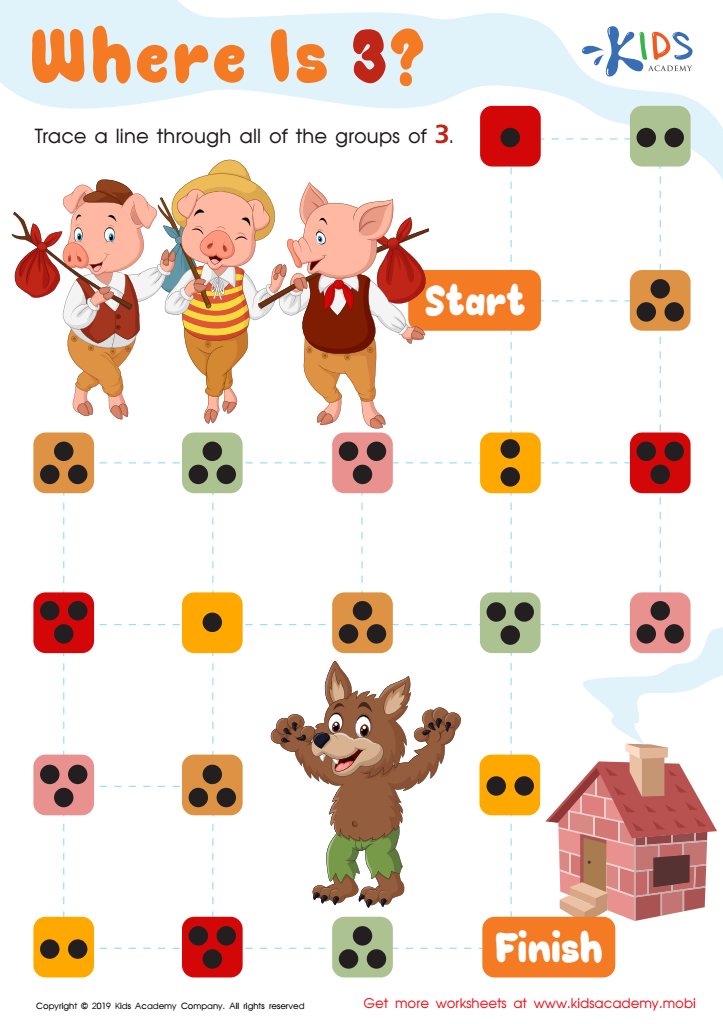

Where Is 3? Worksheet
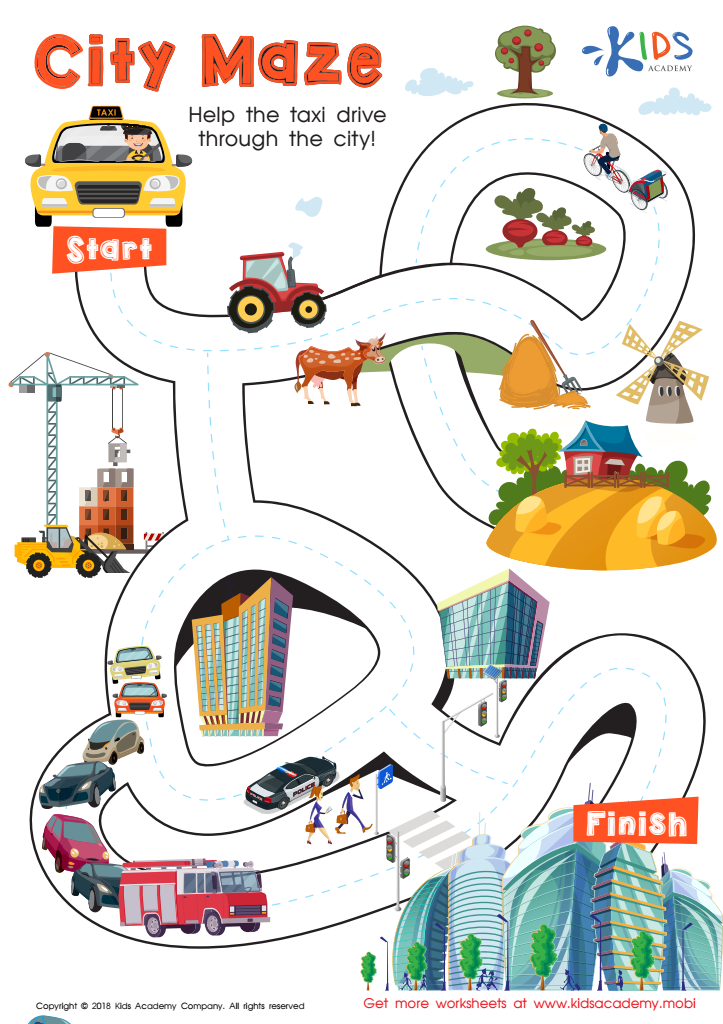

City Maze Worksheet
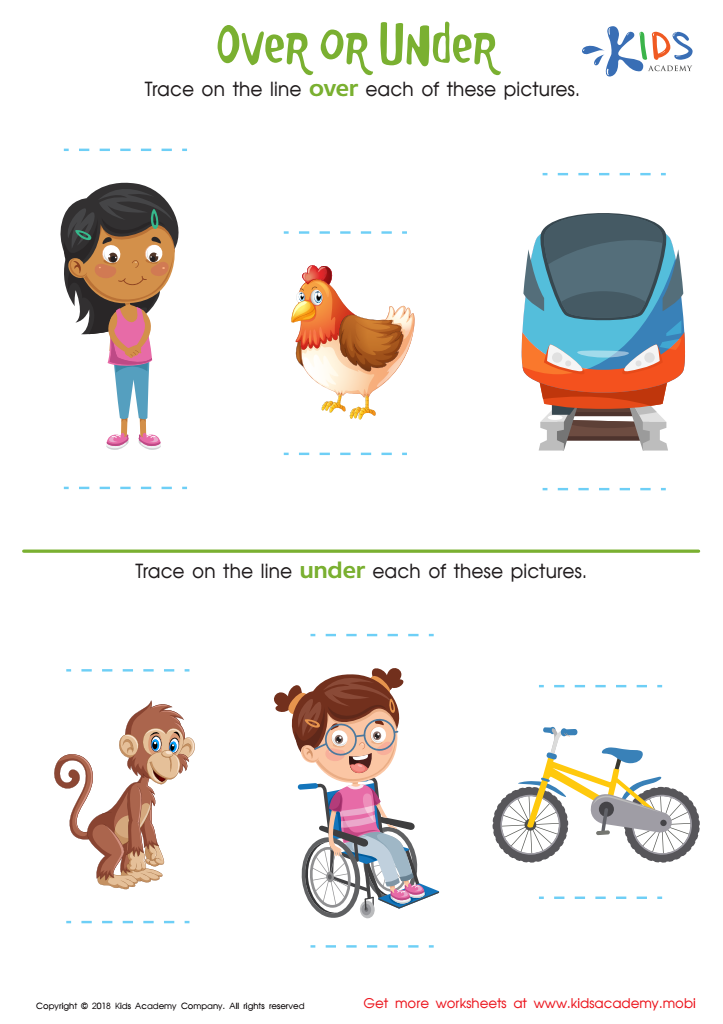

Over or Under Worksheet
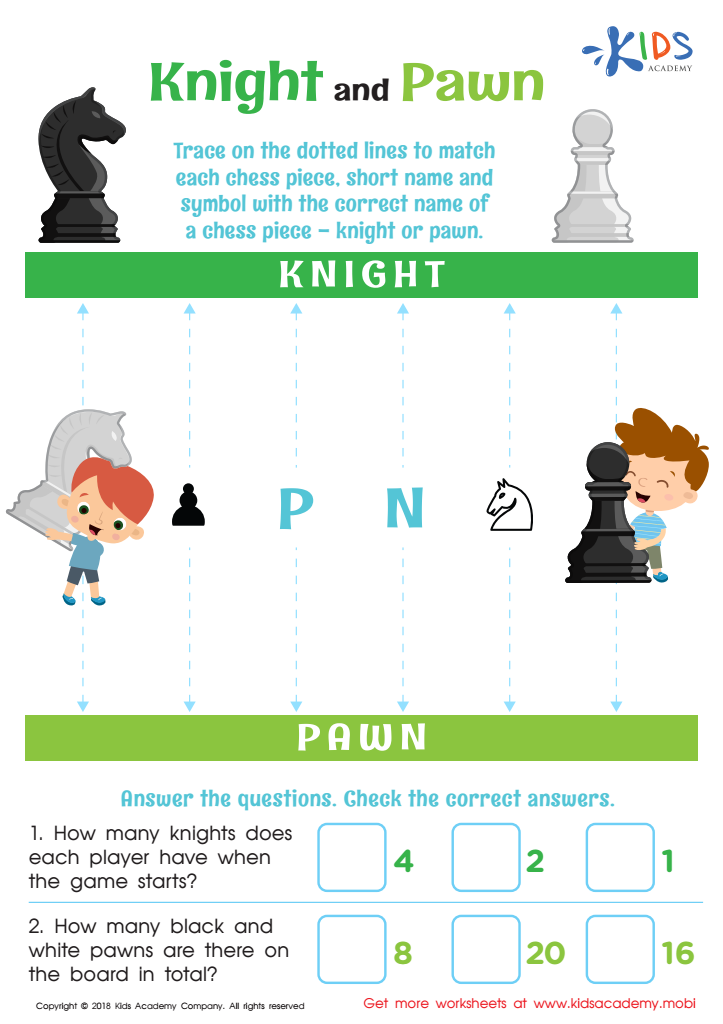

Knight and Pawn Worksheet
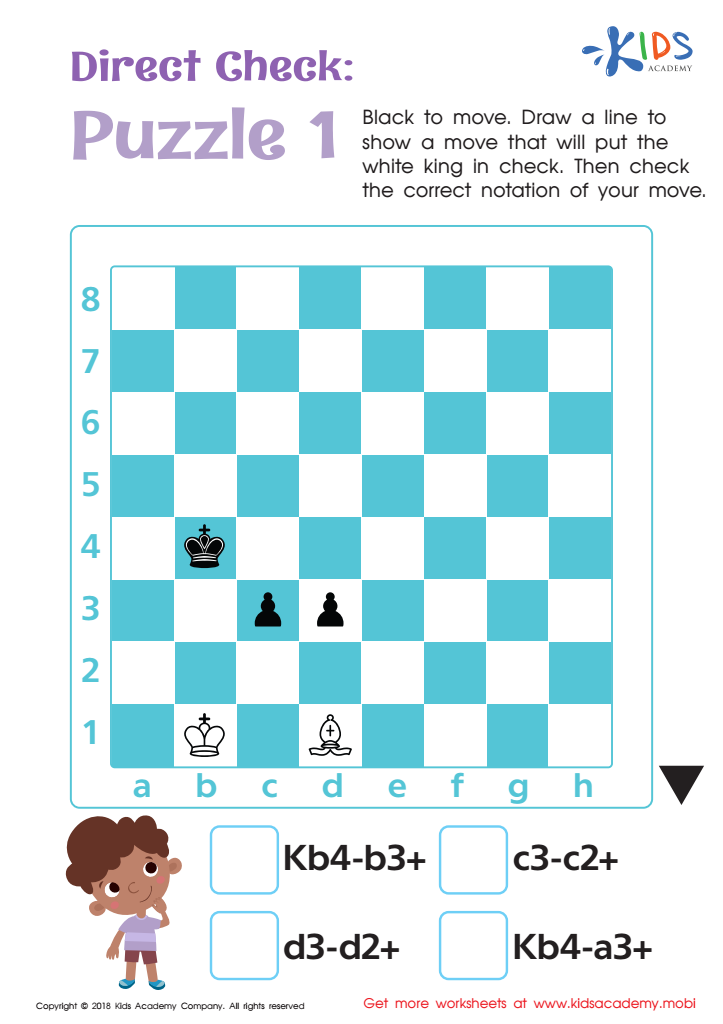

Direct Check: Puzzle 1 Worksheet
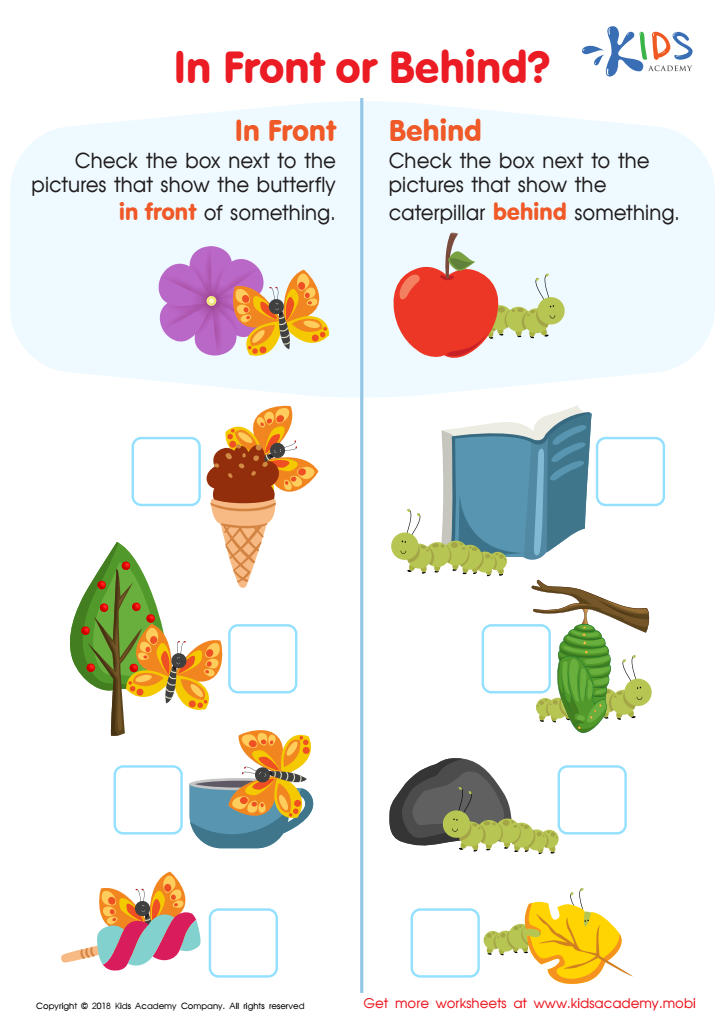

In Front or Behind Worksheet
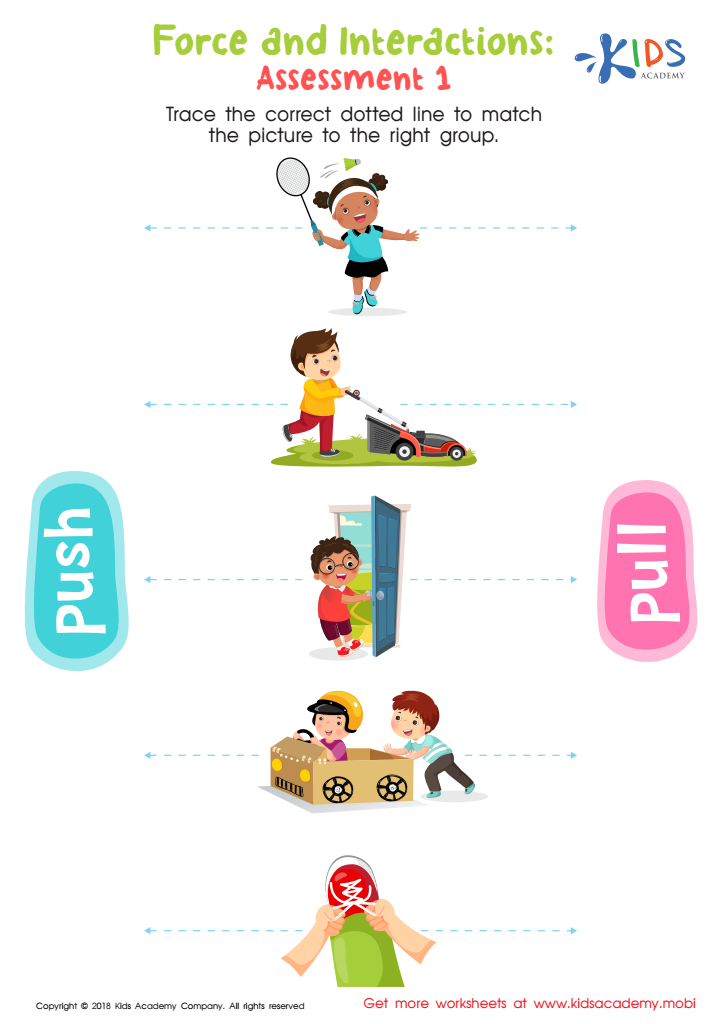

Force and Interactions: Assessment 2 Worksheet
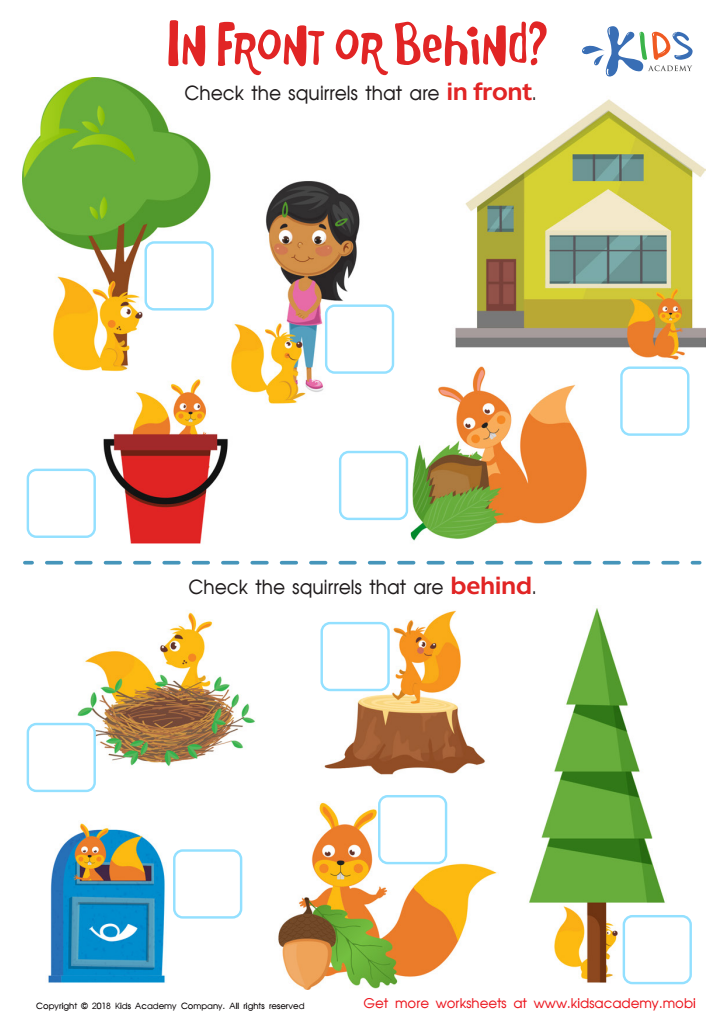

In Front or Behind: Part 2 Worksheet
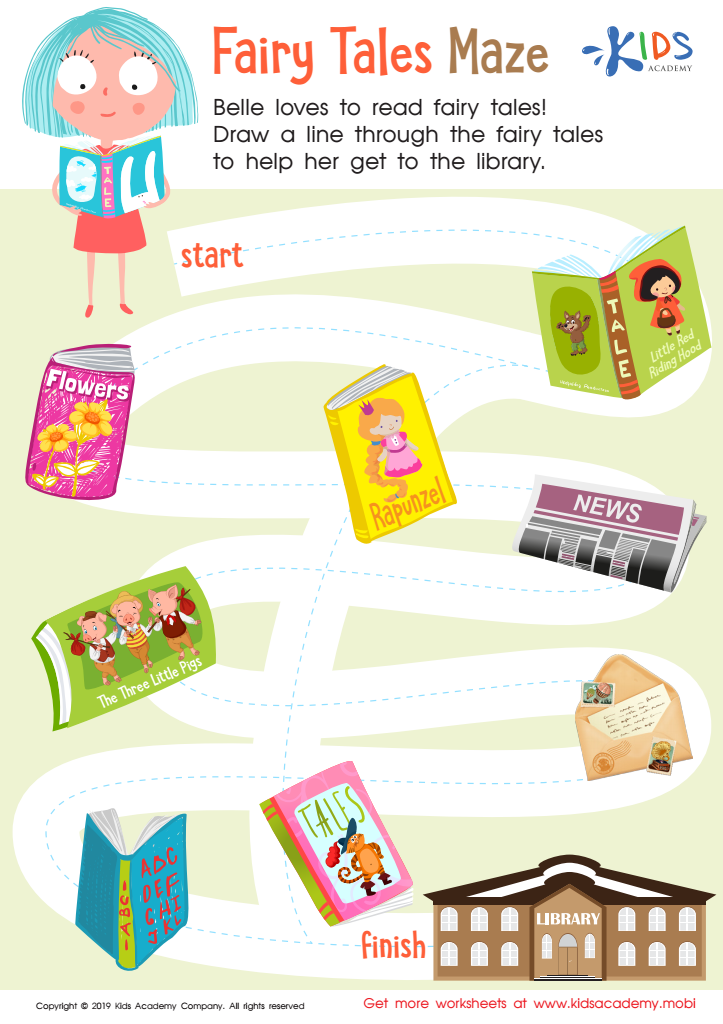

Fairy Tales Maze Worksheet
Spatial awareness is essential for children aged 3-4 as it forms the foundation for various cognitive and physical skills. At this age, children are rapidly discovering and interacting with the world around them. Developing spatial awareness allows them to understand how objects relate to each other and their position in space, which is crucial for their overall development.
For parents and teachers, fostering spatial awareness can enhance learning experiences. Children with strong spatial skills are more adept at problem-solving, which is necessary for math and science concepts later in their education. These skills also aid in daily tasks like navigating through space, organizing materials, and understanding directions.
Moreover, spatial awareness activities, such as building blocks, puzzles, and games, encourage creativity, critical thinking, and fine motor skills. Engaging in these activities promotes social interaction, as children often collaborate or compete with peers, enhancing communication skills.
Lastly, an awareness of space can aid in coordination and balance, influencing physical development. By nurturing spatial awareness, parents and teachers can support children in becoming confident learners who are better equipped to tackle future academic and social challenges. Overall, prioritizing spatial awareness in early childhood is key for a well-rounded development.
 Assign to My Students
Assign to My Students







